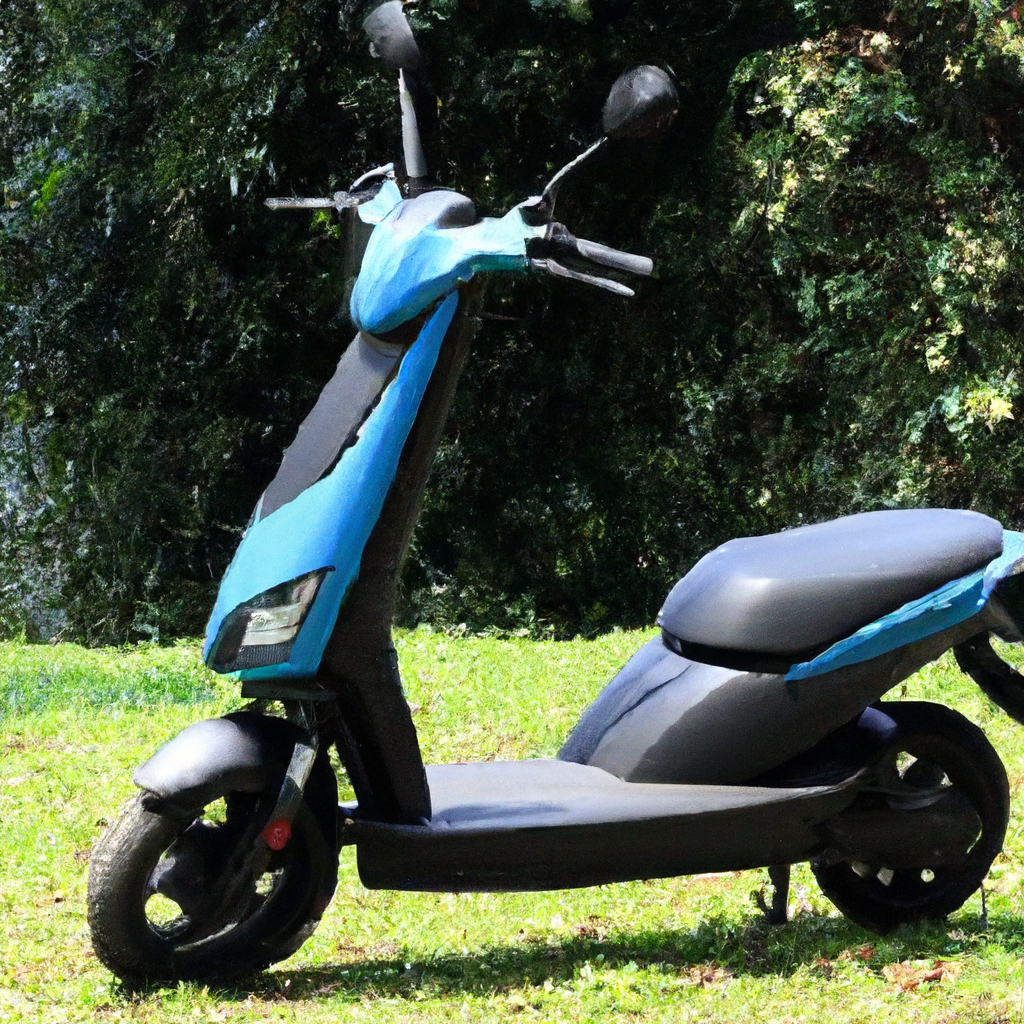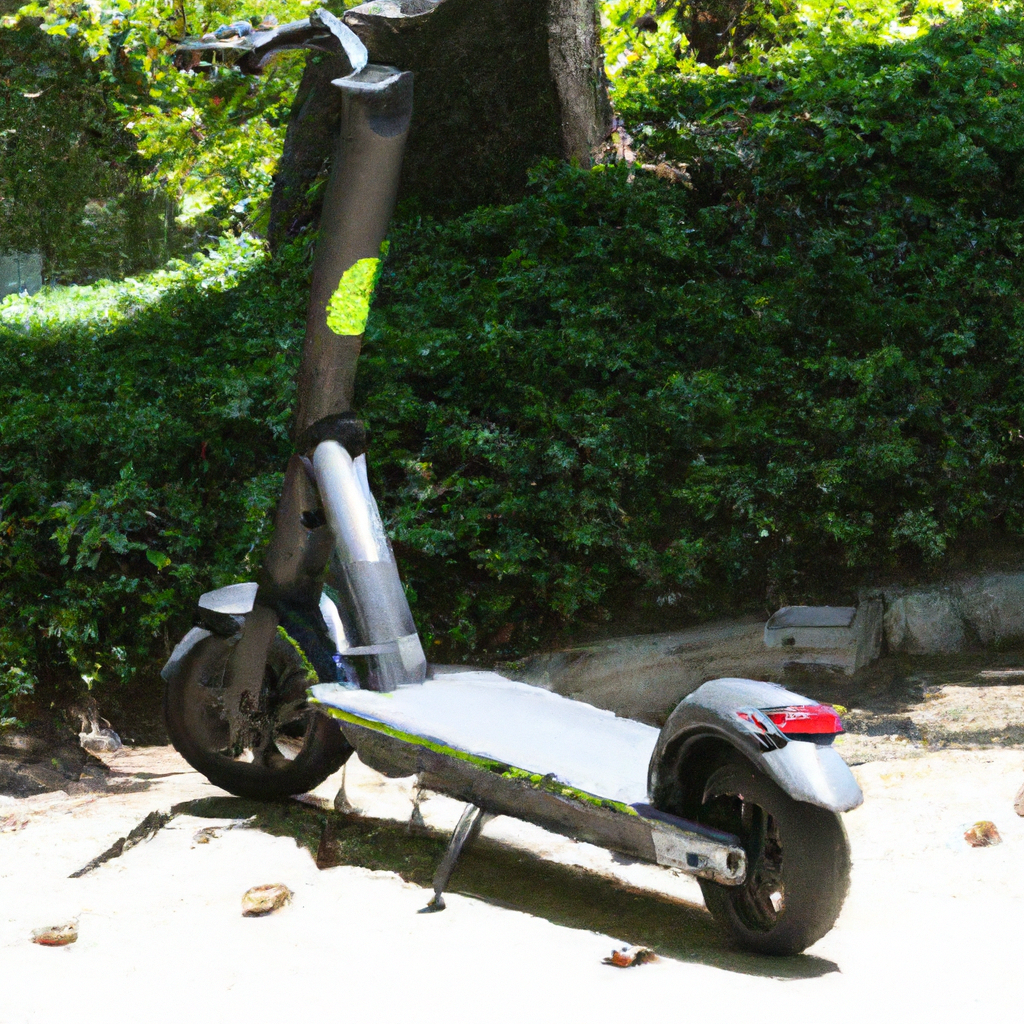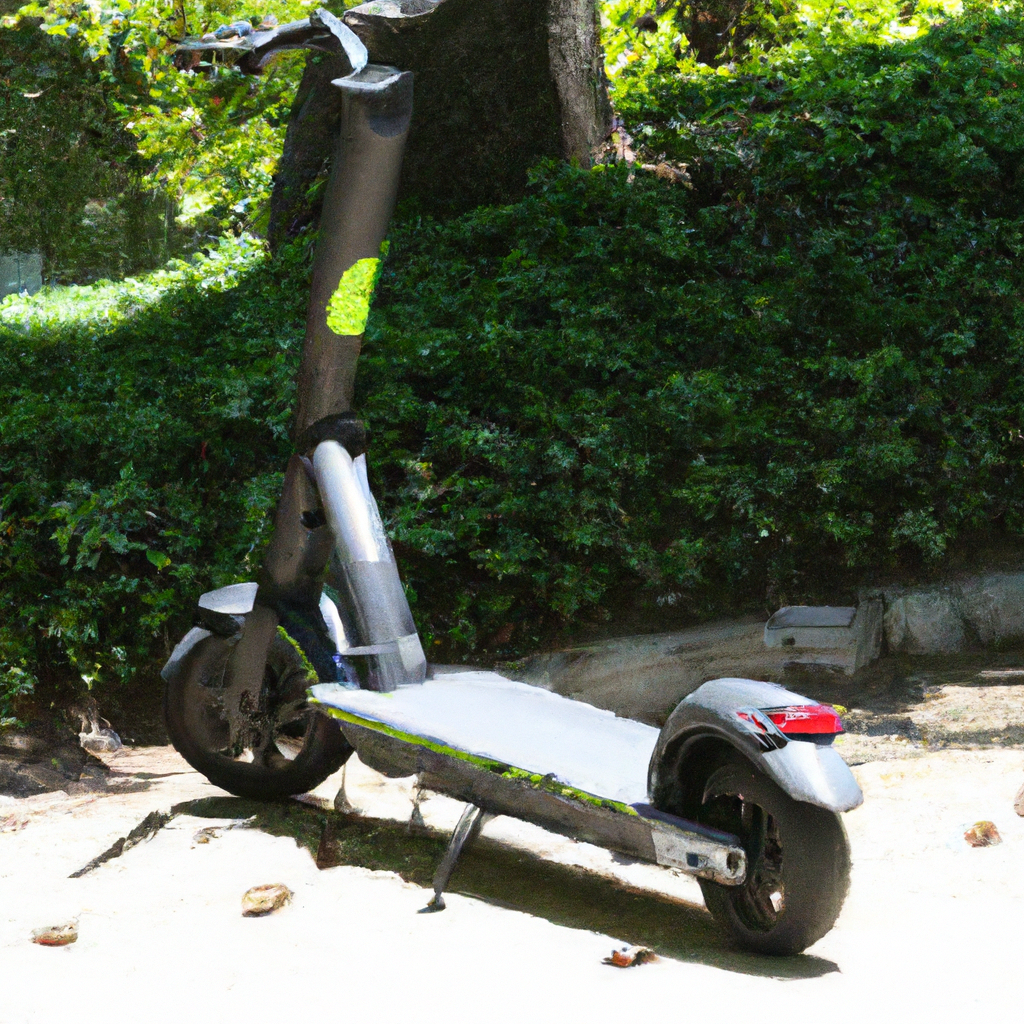Are you wondering if electric scooters are truly eco-friendly? Well, the answer might surprise you. Electric scooters have gained immense popularity in recent years as a convenient and sustainable mode of transportation. With zero emissions and a significantly smaller carbon footprint compared to traditional gasoline-powered vehicles, electric scooters are undeniably a step towards a greener future. However, there are certain factors to consider before labeling them completely environmentally friendly. Let’s explore the pros and cons of electric scooters and uncover the truth behind their eco-friendliness.

Introduction
Electric scooters have gained popularity in recent years as a convenient and environment-friendly mode of transportation. With concerns about climate change and air pollution on the rise, people are looking for alternatives to traditional fuel-powered vehicles. In this article, we will thoroughly examine the eco-friendliness of electric scooters, considering various aspects such as their environmental impact, energy efficiency, emissions, material resources, lifecycle analysis, battery technology, charging infrastructure, alternative energy sources, and public perception.
Environmental Impact
Electric scooters have a significantly lower environmental impact compared to their gasoline-powered counterparts. Firstly, they do not emit any tailpipe pollutants during operation. This means that there are no harmful greenhouse gas emissions or pollutants such as carbon monoxide, nitrogen oxides, or particulate matter being released into the atmosphere while riding an electric scooter. This is especially important in crowded urban areas where air pollution is a major concern.
Energy Efficiency
One of the key advantages of electric scooters is their high energy efficiency. They are far more efficient in converting energy from their batteries into propulsion compared to internal combustion engines in conventional scooters. This efficiency allows electric scooters to have a longer range per charge and consume less electricity overall. By reducing energy consumption, electric scooters contribute to the conservation of resources and the reduction of carbon dioxide emissions associated with electricity generation.
Emissions
As mentioned earlier, electric scooters produce zero tailpipe emissions during operation. This not only helps in reducing local air pollution but also plays a significant role in mitigating the global impacts of climate change. Since electric scooters rely on electricity as their power source, the emissions associated with their use depend on how the electricity is generated. If the electricity comes from renewable sources such as wind or solar power, then the overall emissions associated with electric scooters can be close to zero. However, if the electricity is generated from fossil fuels, there will still be some indirect emissions associated with the scooter’s use.

Material Resources
The production of electric scooters requires various materials, some of which may have environmental implications. These materials include metals such as aluminum, steel, and copper, as well as plastics and rubber. The extraction, processing, and transportation of these materials can have negative impacts on the environment, including habitat destruction, water pollution, and energy consumption. However, it is important to note that electric scooters generally require fewer materials compared to conventional vehicles, which means their production has a lower overall environmental impact.
Lifecycle Analysis
When considering the eco-friendliness of electric scooters, it is crucial to look at their entire lifecycle, from production to disposal. A lifecycle analysis takes into account all stages of the scooter’s life, including raw material extraction, manufacturing, transportation, use, and end-of-life management. Such analysis helps identify the environmental hotspots and areas where improvements can be made. Overall, studies have shown that electric scooters have a lower lifecycle environmental impact compared to gasoline-powered scooters, especially when considering their reduced emissions and energy efficiency.

Battery Technology
Battery technology is a crucial aspect of electric scooters as it determines their range, power, and charging capabilities. Lithium-ion batteries are commonly used in electric scooters due to their high energy density and relatively long lifespan. These batteries can store a large amount of energy, allowing electric scooters to travel longer distances on a single charge. However, it is important to note that lithium-ion batteries do have an environmental impact, primarily due to the extraction and processing of lithium, cobalt, and other rare-earth metals. Efforts are being made to improve battery technology and develop more sustainable and eco-friendly alternatives.
Charging Infrastructure
The availability and accessibility of charging infrastructure play a crucial role in the widespread adoption of electric scooters. In urban areas, it is essential to have a network of charging stations where scooter riders can conveniently recharge their vehicles. The development of an extensive and reliable charging infrastructure is vital to ensure that electric scooters can be charged easily and efficiently. By encouraging the use of clean and renewable energy sources in charging stations, the environmental benefits of electric scooters can be maximized.

Alternative Energy Sources
While electric scooters are already more eco-friendly than traditional scooters, their environmental impact can be further reduced by utilizing alternative energy sources. Renewable energy sources such as wind, solar, and hydroelectric power can be used to generate the electricity needed to charge electric scooters. By utilizing clean energy sources, the overall emissions associated with electric scooters can be minimized, making them even more sustainable and environmentally friendly.
Public Perception
Public perception plays a crucial role in the adoption and acceptance of electric scooters as an eco-friendly mode of transportation. Positive public perception can lead to increased usage and support for electric scooters, resulting in reduced reliance on fossil fuel-powered vehicles. It is important to educate the public about the environmental benefits of electric scooters and address any concerns or misconceptions they may have. By promoting electric scooters as a sustainable and eco-friendly transportation option, we can encourage their widespread adoption and contribute to a greener future.
In conclusion, electric scooters offer a promising solution to the environmental challenges posed by traditional gasoline-powered vehicles. Their zero tailpipe emissions, high energy efficiency, and potential for renewable energy use make them a more eco-friendly alternative. While there are still some environmental impacts associated with their production and battery technology, ongoing efforts to improve sustainability in these areas are being made. By considering the entire lifecycle of electric scooters and promoting clean energy sources, we can maximize their eco-friendly potential. With growing public support and awareness, electric scooters have the potential to play a significant role in creating a more sustainable and greener future.


